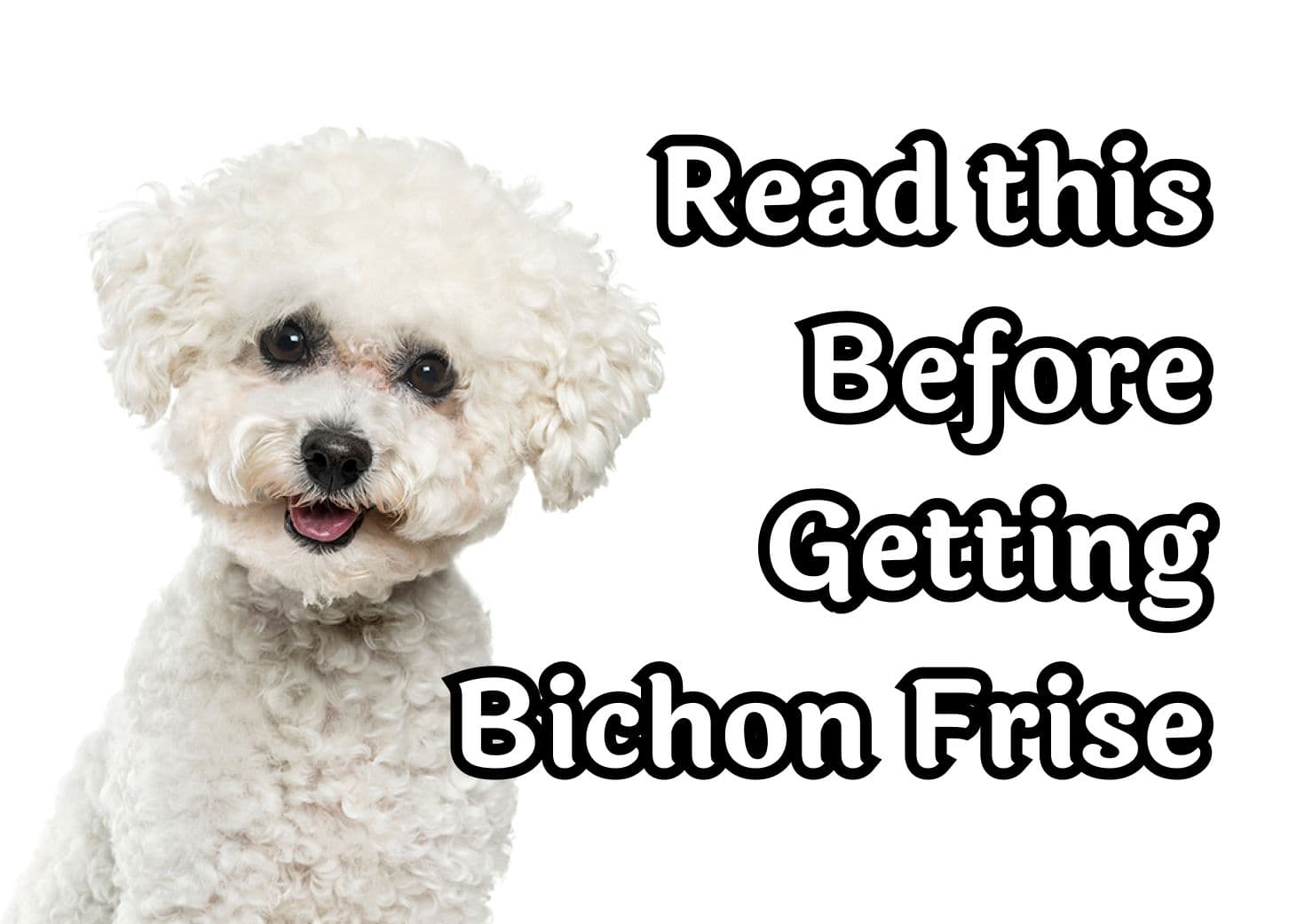Things to Think About Before Getting a Bichon Frise

Thinking about getting a Bichon Frise? You're not alone — these little white fluffs have a way of stealing hearts. I’ve spent enough time around Bichons to know they’re more than just cute faces. They’re smart, affectionate, and full of personality — but they’re not totally low-maintenance either. If you’re wondering whether this breed is the right fit for your life, here’s what you really need to know.
What It’s Really Like Living With a Bichon Frise
Big personality in a small package:
Bichons are sweet, social, and love being with their people. They’re playful, curious, and can be total goofballs when they want to be. If you’ve got kids or other pets, they usually fit right in — as long as everyone’s been properly socialized.
Cuddle bugs with energy to spare:
They love cuddling, but don’t expect them to be lap dogs all day. Bichons have bursts of energy and need daily play and a couple of walks. Apartment living is totally fine — just make time for indoor games and attention.
Super smart (sometimes too smart):
They’re eager to please and pick up on training quickly — especially with treats and praise. Just be warned: potty training can take longer than you'd like. Be patient, consistent, and skip the punishments. Positive reinforcement works best with this sensitive breed.
Not fans of being alone:
Bichons thrive on companionship. Leave them alone too long and you’ll come back to shredded pillows or a very sad pup. If you work long hours, this may not be the breed for you — unless you can arrange a dog sitter, walker, or second pet for company.
Grooming Needs (Yes, That Fluffy Coat Takes Work)
That cotton-ball coat is what draws most people in — but it’s also the biggest upkeep. Bichons don’t shed much, but that’s because the shed hair gets caught in their dense fur, which can quickly mat if you’re not brushing them daily. Regular grooming (either at home or by a pro) is a must.
And yes, they’re often called "hypoallergenic" — but no dog is truly allergy-proof. Still, many allergy sufferers do better with Bichons thanks to their low dander and minimal shedding.
Pro tip: Keep an eye on their eyes. Those tear stains under their eyes can turn yellowish without regular cleaning.
Health & Lifespan
Bichons are generally healthy and can live 14–15 years, sometimes even into their twenties with great care. That said, like all breeds, they’re prone to a few issues like allergies, cataracts, bladder problems, and knee troubles (patellar luxation). Always go through a reputable breeder or consider adoption — and ask for health histories when possible.
Bichon Behavior: The Good, The Quirky, and The Challenging
The Good:
- Great with kids and pets (when socialized well)
- Easy to train basic commands
- Don’t need a yard — perfect for apartments
- Friendly and outgoing when raised that way
The Quirky:
- Might bark at strangers or new things (small dog syndrome is real)
- Can be stubborn about going potty outside
- Not fans of water — most Bichons hate baths and swimming
The Challenging:
- Need daily brushing and regular grooming
- Can’t be left alone too long (separation anxiety is common)
- Potty training takes time and patience
Final Thoughts: Is a Bichon Frise Right for You?
If you want a smart, loving, playful dog who also happens to be cute as a button — and you’re okay with the grooming and attention they need — a Bichon Frise might be your perfect match. They’re not a set-it-and-forget-it kind of dog, but for the right person or family, they’re truly delightful companions.
Just remember: a Bichon isn’t a plush toy. They’re a real, sensitive, intelligent dog who will give you loads of love — as long as you’re ready to give it back.
Take the Quiz
Is a Bichon Frise Right for You?
The Bichon Frise is a cheerful and affectionate companion, known for its playful and friendly nature. Discover if this fluffy friend fits your lifestyle by taking our quiz! Answer all questions below to discover your compatibility score and get personalized insights.
Question #1: What is the main reason you want a dog?
Question #2: How active is your lifestyle?
Question #3: How much time can you dedicate to your dog daily?
Question #4: What best describes your home environment?
Question #5: What size dog do you prefer?
Question #6: What personality traits do you want in your dog?
Question #7: How much grooming can you handle?
Question #8: Who else lives with the dog?
Question #9: Is this your first dog?
Please answer all 9 questions to see your results
